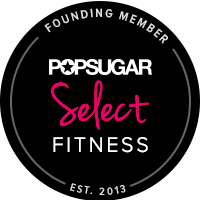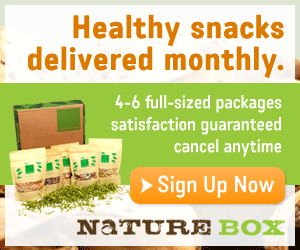So I’ve been working and doing research with premature infants, babies, and toddlers recently. In the past couple months I’ve learned a ton about nutrition early in life — and I’m talking earlyyyy in life….so early the baby may not even exist yet.
The first 1,000 days between a woman getting pregnant and her child’s 2nd birthday are crucial. Those 1,000 days build the foundation for the child’s ability to grow, learn, and thrive in the world.
Seriously guys, that stuff happens before mom even gets pregnant. Granted, I’ve never had a child, so I am no expert on being pregnant or feeding a baby. Nevertheless, here are some cool things I’ve learned about nutrition in the first 1,000 days of life.
Pre-pregnancy → Birth
Babies in the womb get 100% of their nutrients from their mom (duh!). So, if the mom is lacking key vitamins and nutrients, so will her baby. If the mom is eating processed junk food, so will her baby. I know these things are common sense, but they’re key. Moms should get adequate vitamins and nutrients before even getting pregnant to ensure there will be enough stores for baby. The nutrients the baby receives in the womb has implications for the rest of his or her life in regard to neuro, psychological, and physical outcomes.
Infancy (0-6 months)
Breast milk is superfood for babies. It is the kale of infant foods. Not only is it the absolute best nutrition an infant can get (and research has proven this time and time again), but it also serves as the baby’s first immunization against illness and disease — making it a super important preventative defense against diseases that may affect the child throughout his or her life. If there is any advice I could get a woman thinking about becoming a mother, it is to breastfeed (or at least try really damn hard to breastfeed!).
Toddlerhood (6 months-2 years)
Nutrients from a variety of healthy foods are a really important complement to breast milk to make sure your baby’s body and brain are growing properly. It’s really important to remember that food is not just calories for a baby, or even just meant to help a baby grow physically, but it has grave impacts on the baby’s cognitive development and lifelong mental and emotional health and growth. Feeding a toddler can be really frustrating, especially when you’re trying to feed a toddler “healthy” food. It’s important to remember that toddlers (and all children, actually), typically refuse an offered food 10-15 times before they will taste it. So, if your child has thrown a piece of broccoli against the wall in a fit of “How dare you put this on my plate, mother, where the fuck are the chicken nuggets?!” — be cool, it’s totally normal for him or her to do this 14 more times before they taste the damn vegetable. (**However, if your toddler is showing behavioral signs during feeding more extreme than food refusal, I recommend you find an awesome dietitian to work with!)
So what’s the point?
I could go on for days about the extensive list of positive benefits of early nutrition and breastfeeding. Rather than bore you, I’m picking a few of my favorite quick stats to tell your friends about. Overall, I’m just going to say that evidence-based research has proven over and over that the impact of good nutrition early in life is so crucial, and reaches far into your child’s future life.
Children who receive the right nutrition in the first 1,000 days of life (pre-pregnancy → breast feeding → nutrient-rich first foods):
Are 10 times more likely to overcome the most life-threatening childhood diseases.
Complete 4.6 more grades of school on average.
Go on to earn 21% higher wages as adults.
Are more likely as adults to have healthier families.
K, I’ll get off my soapbox.
I’m not sure how many of you are moms or trying to become moms soon — so if you are interested in learning more about how to get your children to eat healthier or how to raise a child that just loves and craves vegetables (totally not joking), let me know and I can write more about it!
PS - all stats and information in this post is from two of my masters classes, my experience in an infancy clinic, Save the Children’s 2012 State of the World’s Mothers, the American Society of Nutrition, and www.thousanddays.org





















